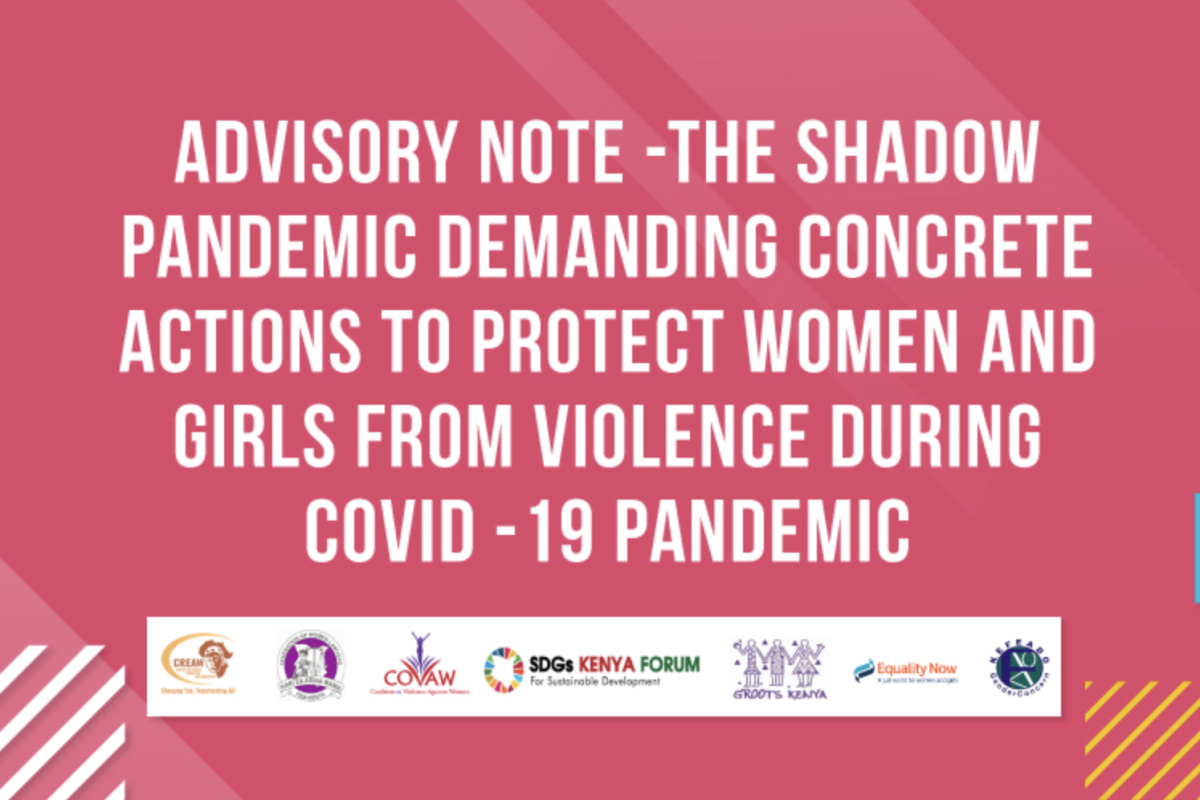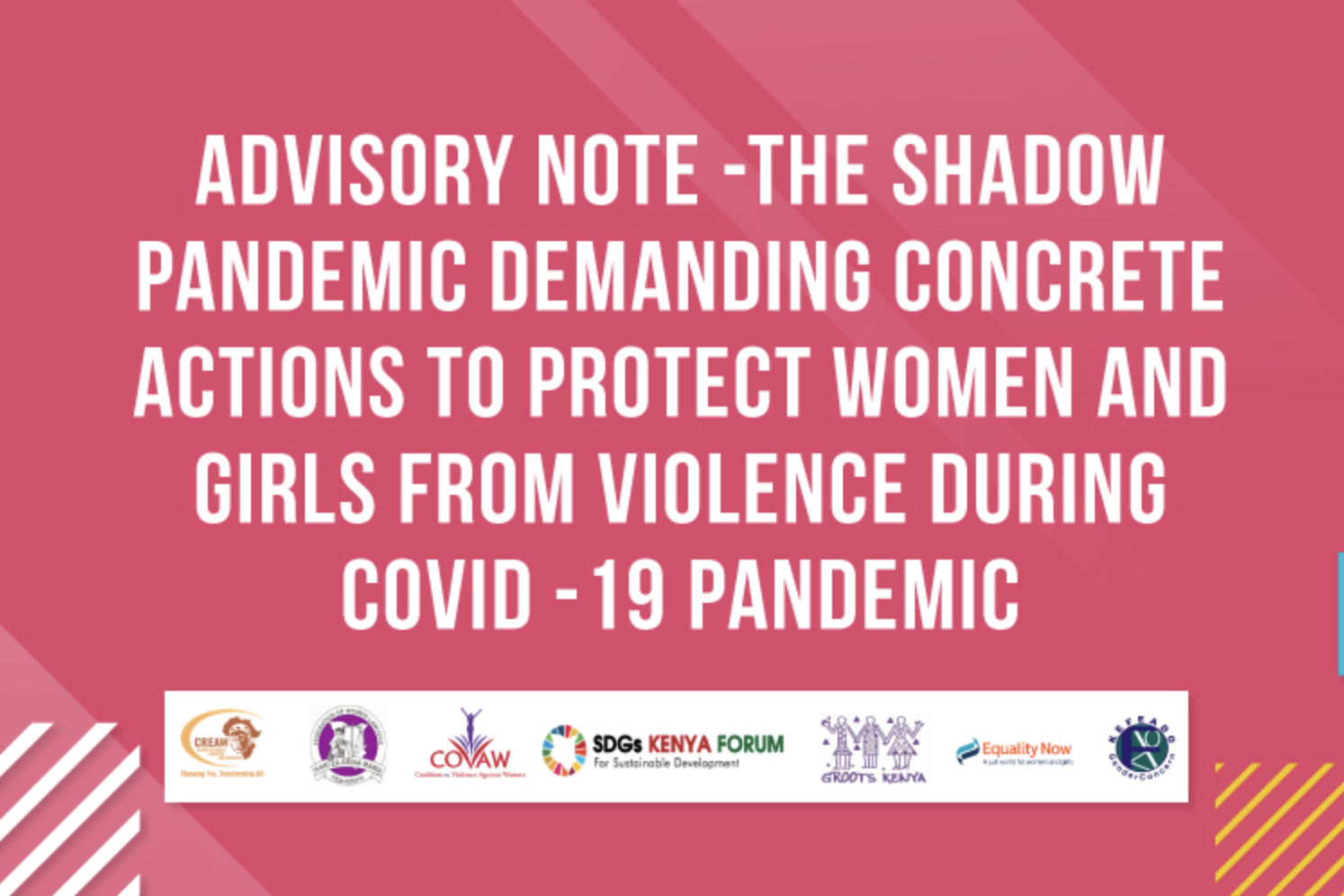COVID-19 has presented obstacles left and right. From shortages of medical equipment, a crashing economy, the requirement to adapt to an entirely different way of life–we’ve all been put to the test. Yet, some obstacles might not be as obvious. COVID-19 has not-so-subtly impacted the lives of women in a very serious way.
While the world copes with COVID-19, women are facing their own pandemic, the shadow pandemic. The term is used by the United Nations Entity for Gender Equality and the Empowerment of Women (UN Women). The shadow pandemic represents the upsurge in violence against women and girls (VAWG) that has been exacerbated by the virus.
According to a report released by UN Women, “Emerging data shows that since the outbreak of COVID-19, reports of violence against women, and particularly domestic violence, have in- creased in several countries as security, health, and money worries create tensions and strains accentuated by the cramped and confined living conditions of lockdown.”
The report is an extremely valuable resource to understanding how exactly the virus affects women. Drawing upon statistics and trends from prior crises, such as the Ebola and Zika outbreaks, experts from various fields are able to quickly deduce that crises exacerbate inequalities–especially inequalities between genders.
“In France, for example, cases of domestic violence have increased by 30% since the lockdown on March 17. Helplines in Cyprus and Singapore have registered an increase in calls by 30% and 33% respectively. In Argentina, emergency calls for domestic violence cases have increased by 25% since the lockdown started,” said the United Nations (UN) Women Report.
As domestic violence reports increase, essential services that would have previously served victims of abuse are becoming less and less available.
According to the report, “Even where basic essential services are maintained, a collapse in a coordinated response between different sectors, i.e., health, police and justice and social services response, and social distancing will mean that sectors will be challenged to provide meaningful and relevant support to women and girls who are experiencing violence.”
Thankfully there are still local resources available to women in our community for support. As explained in an email sent out to all Seawolves, Confidential Sexual Violence Advocate Susan Pulido, is available as a resource for students. Her email is: susan.pulido@sonoma.edu.
Verity Rape Crisis Center, who has visited Sonoma State University (SSU) on multiple occasions, is also offering remote services. They have a 24-hour crisis hotline to speak with a confidential counselor at (707) 545-7273.
The UN Women are calling on governments and institutions all over the world for action.





































